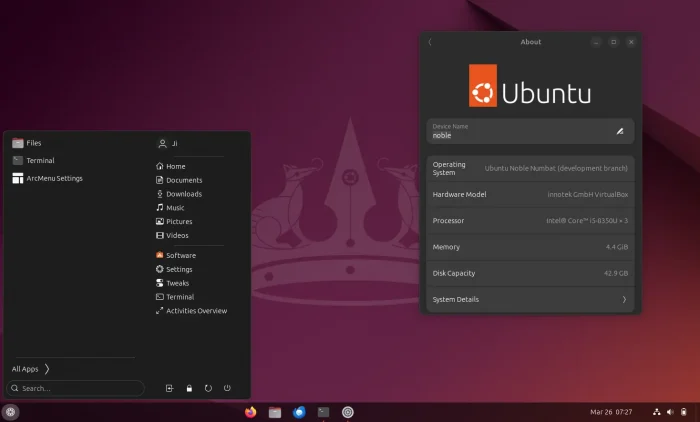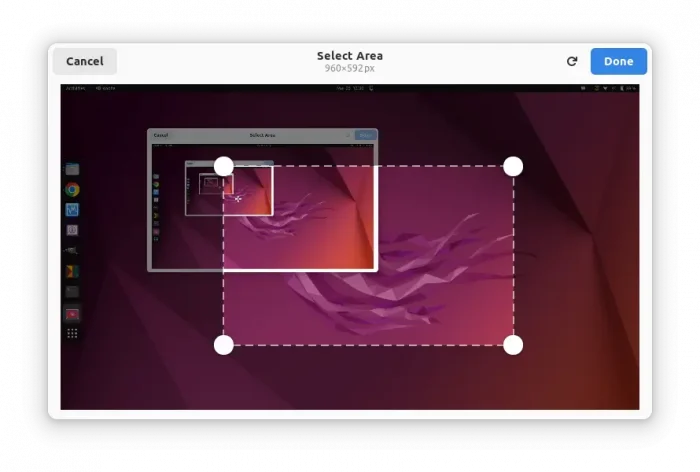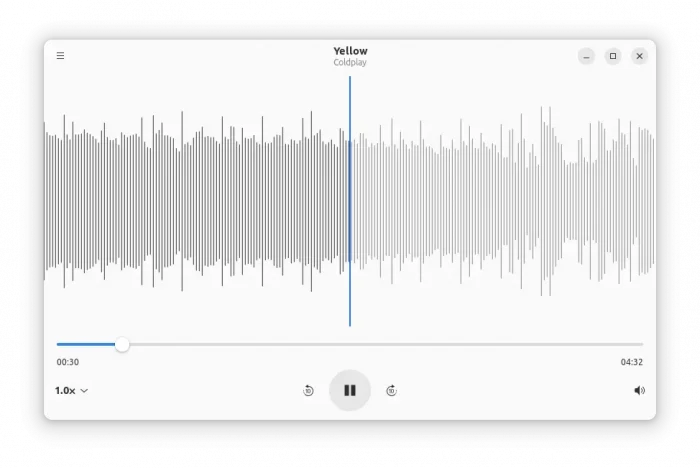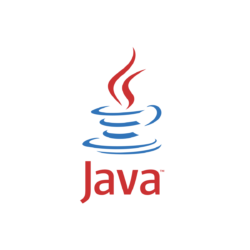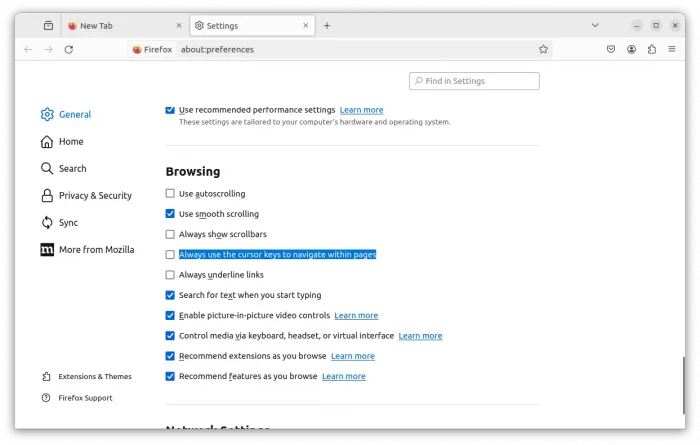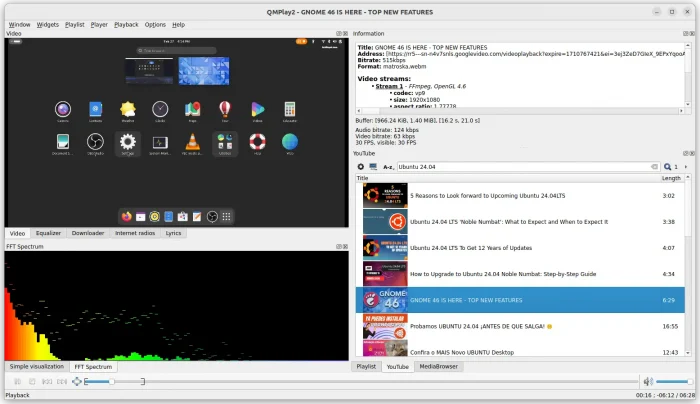GNU Emacs editor released new 29.3 as an emergency bug-fix release this Sunday.
The new release intended to fix several security vulnerabilities described below:
- Arbitrary Lisp code is no longer evaluated as part of turning on Org mode. This is for security reasons, to avoid evaluating malicious Lisp code.
- New buffer-local variable ‘untrusted-content’. When this is non-nil, Lisp programs should treat buffer contents with extra caution.
- Gnus now treats inline MIME contents as untrusted. To get back previous insecure behavior, ‘untrusted-content’ should be reset to nil in the buffer.
- LaTeX preview is now by default disabled for email attachments. To get back previous insecure behavior, set the variable
org--latex-preview-when-riskyto a non-nil value. - Org mode now considers contents of remote files to be untrusted. Remote files are recognized by calling
file-remote-p.





